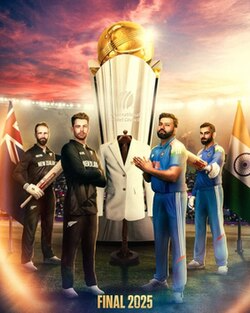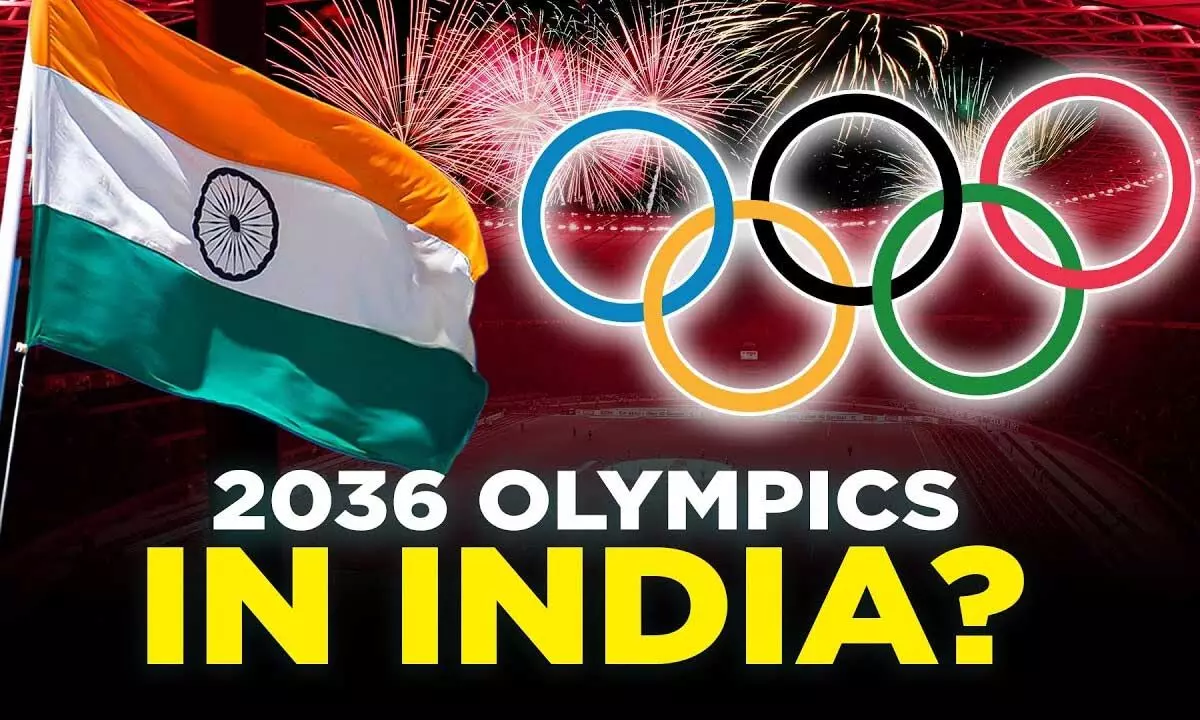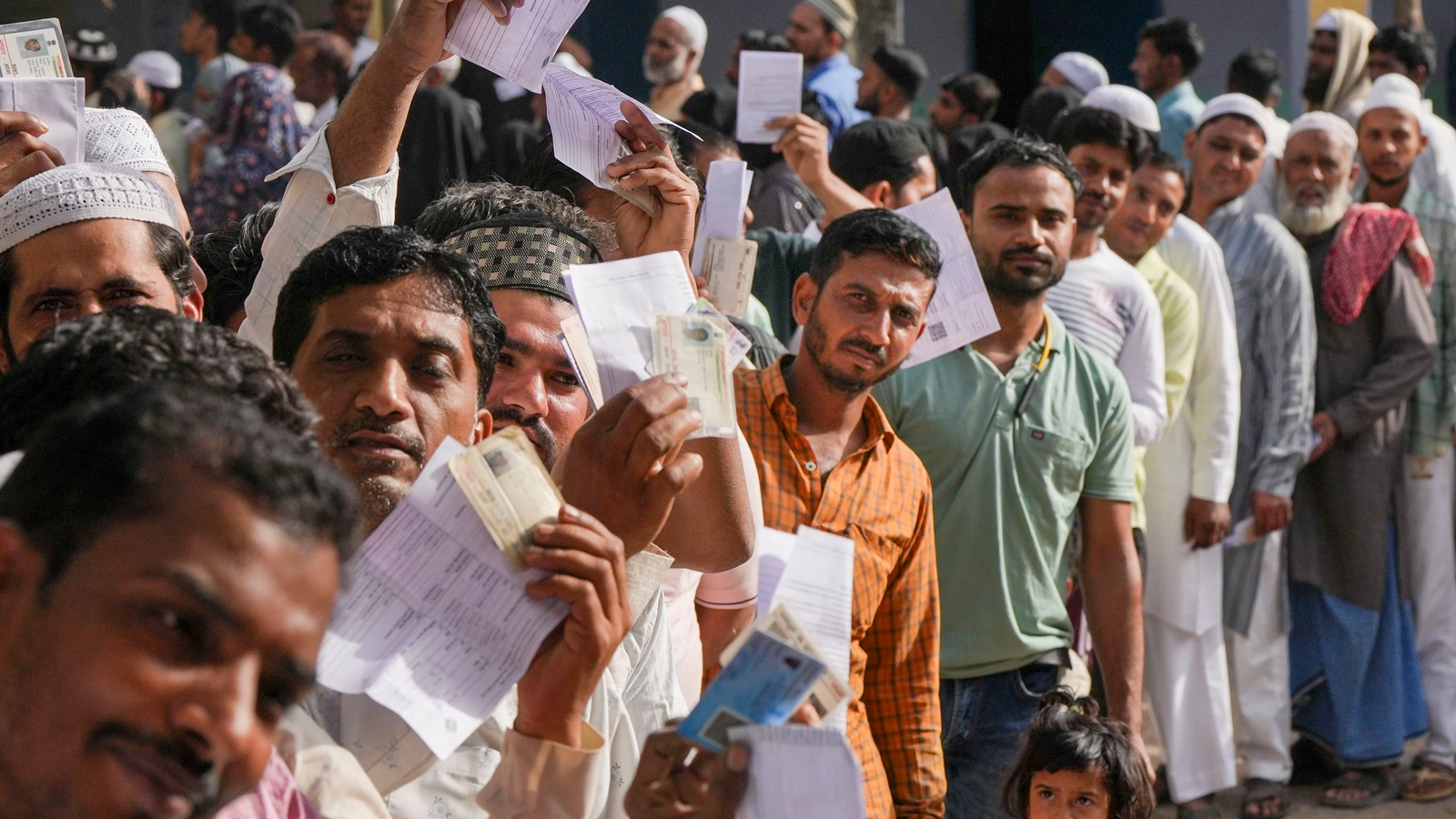ICC Champions Trophy 2025 Venue Finalized Cricket Navigates Diplomacy with Innovation
The Return of a Prestigious Tournament
After nearly a decade long hiatus, the ICC Champions Trophy is set to make a spectacular return in 2025, bringing renewed excitement to the international cricketing calendar. The tournament, which was last played in 2017, has traditionally been seen as the “mini World Cup” and is renowned for featuring only the top performing ODI nations. This time around, the spotlight is not only on the competitive action expected between elite teams, but also on the logistical and diplomatic efforts that went into finalizing the tournament’s hosting model. In a first of its kind arrangement, the ICC confirmed a hybrid hosting format, splitting the matches between Pakistan and the United Arab Emirates (UAE), particularly Dubai, to accommodate geopolitical realities while preserving the integrity of the sport.
The decision to proceed with a split venue model comes after extensive negotiations involving the Pakistan Cricket Board (PCB), the Board of Control for Cricket in India (BCCI), and the ICC. The final decision, announced in mid 2025, ensures that India will participate in the event, despite the strained bilateral relations between India and Pakistan. This hybrid model is designed to balance security, diplomacy, and cricketing tradition an approach many now see as a necessary evolution in international sports governance.
Pakistan Primary Host with a Historic Mandate
Pakistan will serve as the primary host nation, marking a landmark moment for the country’s cricketing ambitions. This is the first time since 1996 that Pakistan will host a global ICC men’s tournament. For the PCB, this development is more than just an operational responsibility it is symbolic of Pakistan’s re emergence as a viable destination for international cricket. The nation has worked rigorously over the past few years to improve security standards, upgrade infrastructure, and rebuild global confidence in its ability to host high profile fixtures.
Key venues in Lahore, Karachi, and Rawalpindi have undergone significant upgrades in preparation for the Champions Trophy. These upgrades include seating expansions, enhanced digital facilities, and improved athlete amenities. The PCB also coordinated closely with local security agencies to assure the ICC and visiting teams of a safe and seamless experience. For the Pakistani cricketing public, this tournament is a celebration a vindication of their long wait to see global cricket return home in full capacity.
Dubai The Neutral Zone for India Matches
To accommodate India’s participation without compromising on security or diplomatic protocol, the ICC has arranged for all of India’s matches to be held in Dubai, including any potential semi finals and the final, should they qualify. This clause ensures that India, the tournament’s biggest viewership driver, will have a presence without traveling to Pakistan a move that aligns with India’s longstanding governmental position on bilateral cricket ties with Pakistan.
Dubai International Cricket Stadium, which has previously hosted parts of the IPL and ICC events such as the 2021 T20 World Cup, is no stranger to high stakes cricket. With a modern facility, large South Asian expat community, and international connectivity, Dubai provides the ideal neutral ground for India’s matches. The city will play a pivotal role in the tournament’s commercial and viewership success, and stakeholders expect sold out crowds and record digital engagement when India steps onto the field.
Flexible Final Venue Based on Qualification
One of the most innovative components of the 2025 Champions Trophy is its conditional final venue strategy. If India qualifies for the final, it will be held in Dubai. If not, the final will be staged at Lahore’s iconic Gaddafi Stadium. This clause was designed to ensure fairness to Pakistan’s hosting rights while also maintaining India’s security constraints. The contingency was activated when India booked their spot in the final following a thrilling semi final win.
While this may be the first time such a condition has been publicly instituted for a global cricket tournament, it reflects the ICC’s effort to find creative solutions to diplomatic impasses. Rather than allowing off field politics to derail sporting continuity, the ICC has chosen to adapt, demonstrating an evolving understanding of international sports diplomacy.
Commercial and Strategic Implications
The hybrid hosting model introduces unique dynamics for broadcasters, sponsors, and traveling fans. Broadcasters have had to adjust on short notice, relocating crews and infrastructure between cities and countries depending on match outcomes. However, the payoff has been enormous. With India’s matches being guaranteed high profile time slots and central locations like Dubai, sponsors have seized the opportunity to connect with cricket’s largest global audience.
The ICC has also leveraged the event to expand cricket’s footprint in both traditional and emerging markets. Dubai, already a global sporting hub, is being positioned as a long term neutral venue option for politically sensitive fixtures. Meanwhile, Pakistan’s successful organization of group stage games will open the door for more bilateral series and potentially even more ICC events in the coming decade.
Fans, Legacy, and the Bigger Picture
Perhaps the biggest winners of this format are the fans both in Pakistan, who finally get to see international stars compete on home soil, and in the UAE, where the expat population turns up in huge numbers. The buzz around the tournament has been electric, and online engagement has surged. Fans are embracing the flexible format, viewing it as a necessary compromise in a complex world. Moreover, the success of the Champions Trophy 2025 could serve as a blueprint for future tournaments, where similar hybrid formats might be used to ensure inclusivity and safety without compromising on quality.
In the broader context of cricket diplomacy, this tournament represents a progressive step. It shows that while full scale bilateral engagement between certain nations may still be out of reach, the sport can still foster unity, competition, and celebration in carefully crafted formats. It also showcases the ICC’s ability to lead with pragmatism and purpose in a rapidly evolving geopolitical landscape.
Conclusion Cricket Finds a Way
The finalization of the ICC Champions Trophy 2025 venue underlines an essential truth cricket is not just a game but a vessel of diplomacy, unity, and strategic thinking. By embracing a hybrid hosting model, the ICC has preserved the sanctity of the competition while adapting to political realities. Pakistan has gained recognition as a legitimate and capable host nation, India has maintained its principled stance while fully participating, and Dubai has cemented its role as the modern neutral host of the sport.
As the tournament unfolds and champions are crowned, what will linger longest is the legacy of collaboration proof that even amidst complex international challenges, cricket can find a way forward.
Sports











